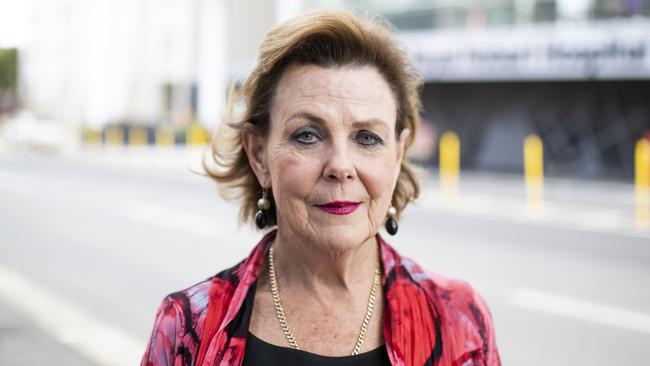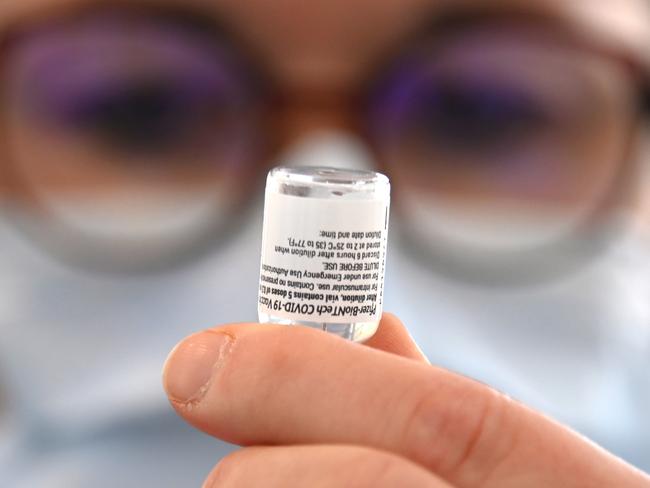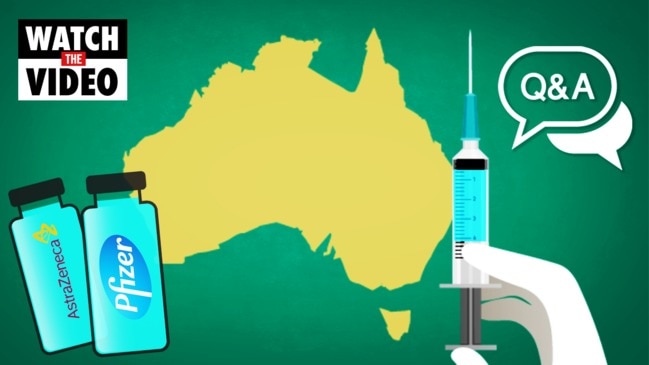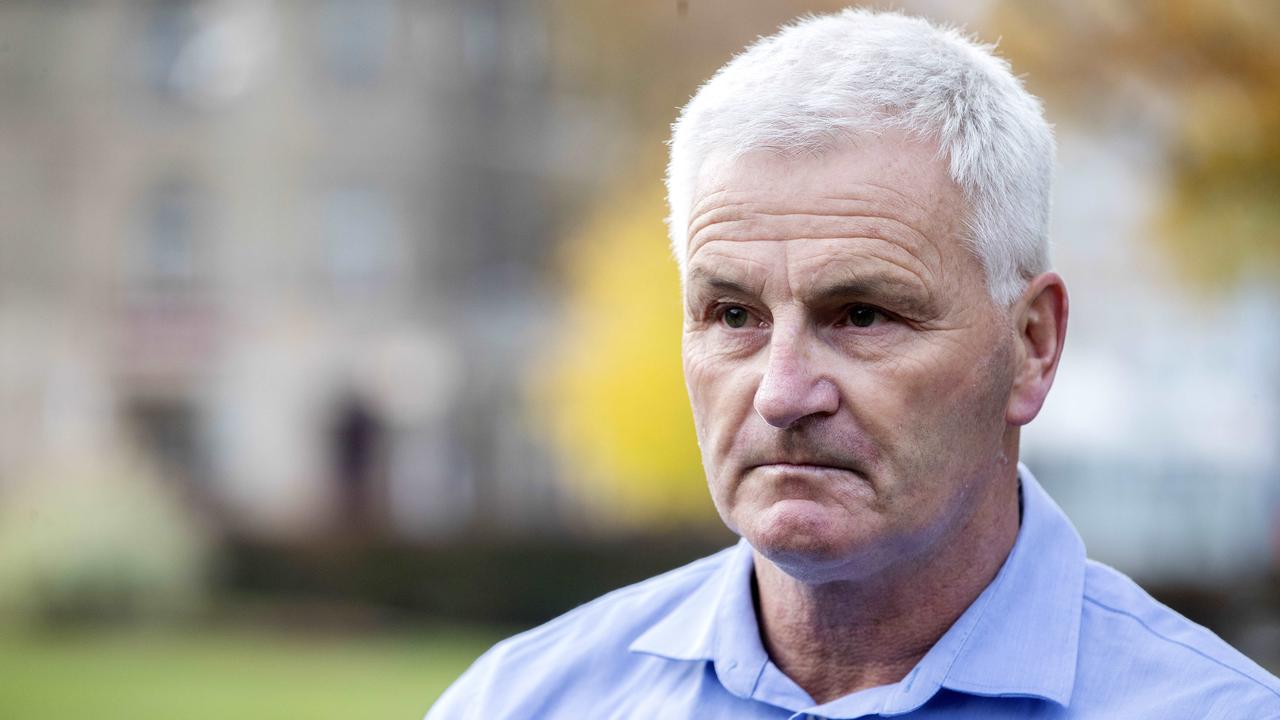State preparing for massive COVID-19 vaccine rollout
The delivery of the COVID-19 vaccine across Tasmania is expected to be a massive logistical exercise. Here’s how the rollout could be carried out.

Coronavirus
Don't miss out on the headlines from Coronavirus. Followed categories will be added to My News.
ROVING clinics could be employed across Tasmania to help ensure COVID-19 vaccinations are delivered in a timely and thorough manner, one of the state’s top doctors says.
With expectations that Australia’s medicines regulator, the Therapeutic Goods Administration, will soon approve the Pfizer or AstraZeneca vaccines for use, Australian Medical Association Tasmania president Helen McArdle said widespread coverage will be a challenge.
Under national protocols, the first COVID-19 vaccines will be rolled out to hotel quarantine and border workers, frontline healthcare employees, and aged care and disability care staff.
They are expected to receive their Pfizer shots from mid- to late-February at major public hospitals because of requirements for the vaccine to be stored at -70C.
MORE ON THE COVID-19 VACCINE:
Lucy Carne: Australia’s COVID vaccine program must be fair and not another quarantine mess
COVID vaccine in Australia to be bulk billed, Medicare fee deal revealed
COVID vaccine: National ad campaign to be rolled out
Pfizer COVID vaccine Australian roll out may be delayed by production issues
Dr McArdle said Tasmania would receive supplies of both vaccine variants, once approved.
“To be successful, it’s going to be a big job, even in Tasmania – if we exclude children, it’s still going to be somewhere around 300-350,000 people that need to be vaccinated,” she said.

Dr McArdle said the logistics of getting the vaccinations to the more remote parts of the state meant they would likely be delivered by GPs, but roving vaccination clinics would be an effective extra measure.
“We do have the experience from during the swine flu pandemic of rolling out vaccinations very quickly and that was a combination of general practice and vaccination clinics,” she said.
“We would hope the whole population would be vaccinated by the end of the year, but it may be even a lot quicker if the vaccine availability is there and the workforce is there.”
Across Tasmania, work has started to ramp up to prepare the state for the biggest vaccination program in history – although a rollout start date is not yet known.
HACSU state secretary Tim Jacobson said there was yet to be any direct communication to the health workforce as to what their exact roles in the rollout would be.
“We are anticipating over the next week there will be conversations at a state level with respect to the rollout for those workers in the public sector – ambulance, emergency department staff, quarantine staff in terms of how the government will manage that,” he said.
“While there would be a lot of people keen to receive the vaccine, from our perspective it’s peculiar that the government is seeking to roll it out with such haste when the urgency in Australia, and particularly in Tasmania, doesn’t exist.”

Australian Nursing and Midwifery Federation state secretary Emily Shepherd said their members were “ready, willing and able” to assist in delivering the vaccine.
“It’s an enormous undertaking and there’s an incredible amount of work going into it to make sure it’s a success, but in terms of immunisation, it’s not something new,” she said.
“We know there are many health professionals in the state that are prepared to deliver these vaccines, it’s just making sure the logistics and resources are all there to make sure when the rollout begins it can do so without interruption.”
Tasmanian Hospitality Association CEO Steve Old said if the vaccine did not result in changes to venue crowds, the industry would be “horrified”.
“People are hanging out thinking the vaccine will be the panacea for back to normal,” he said.
“If one [person] in two square metres is still going to be around for another 12 months, whether there’s a vaccine or not, that might make some businesses make a decision straight up to close now either permanently or through the quieter winter months. This will obviously have a massive impact on jobs.”

Australian Education Union Tasmanian president Helen Richardson said teachers, principals and other school staff were still in the dark as to the rollout of jabs.
Council on the Ageing Tasmanian CEO Sue Leitch said feedback on the imminent vaccination from the older population was mixed.
“They want to be able to have good information to make informed choices and this will include information about side effects, what the vaccination will mean for their risk levels of exposure to COVID-19, and also about what that means for their loved ones, younger and older,” she said.
jessica.howard@news.com.au



